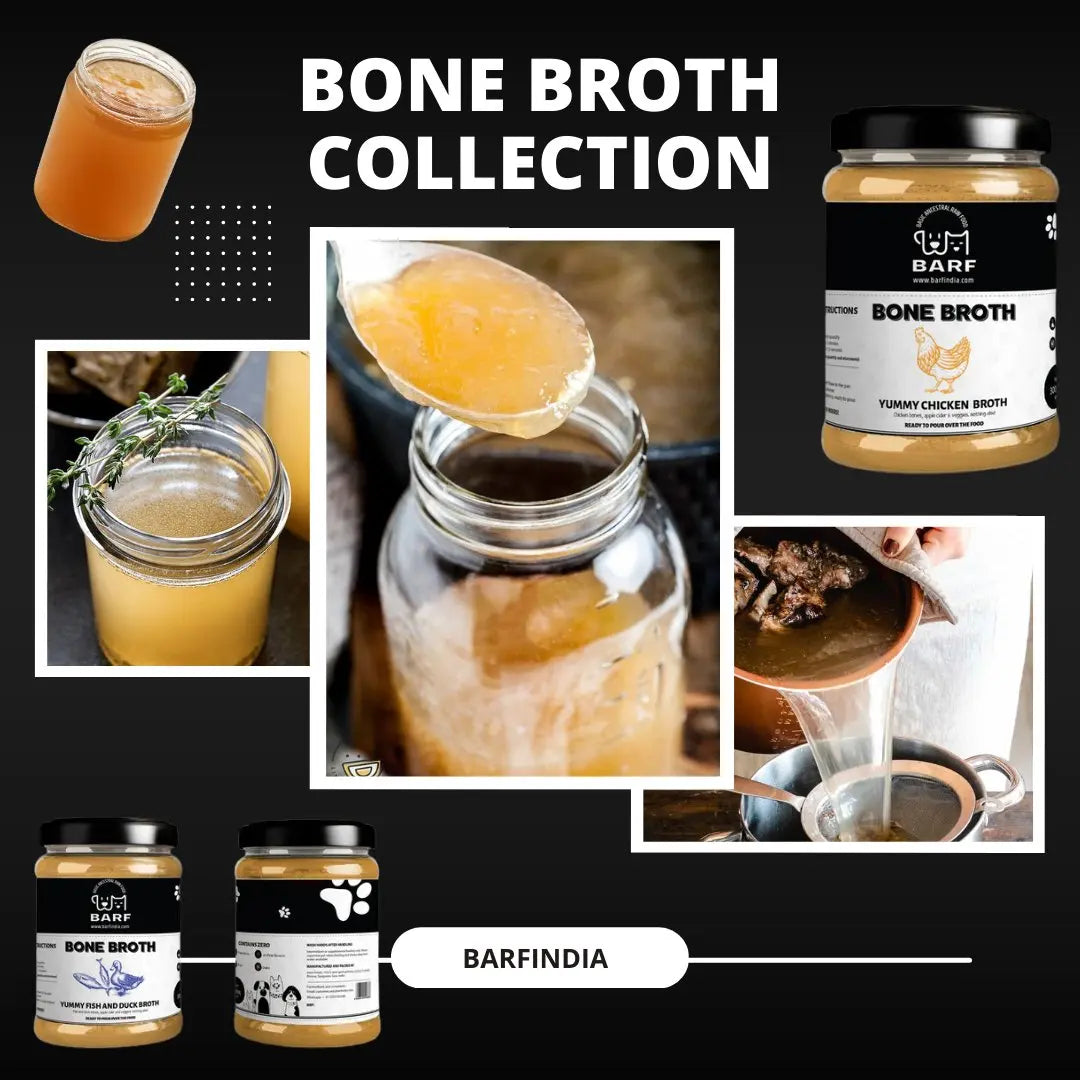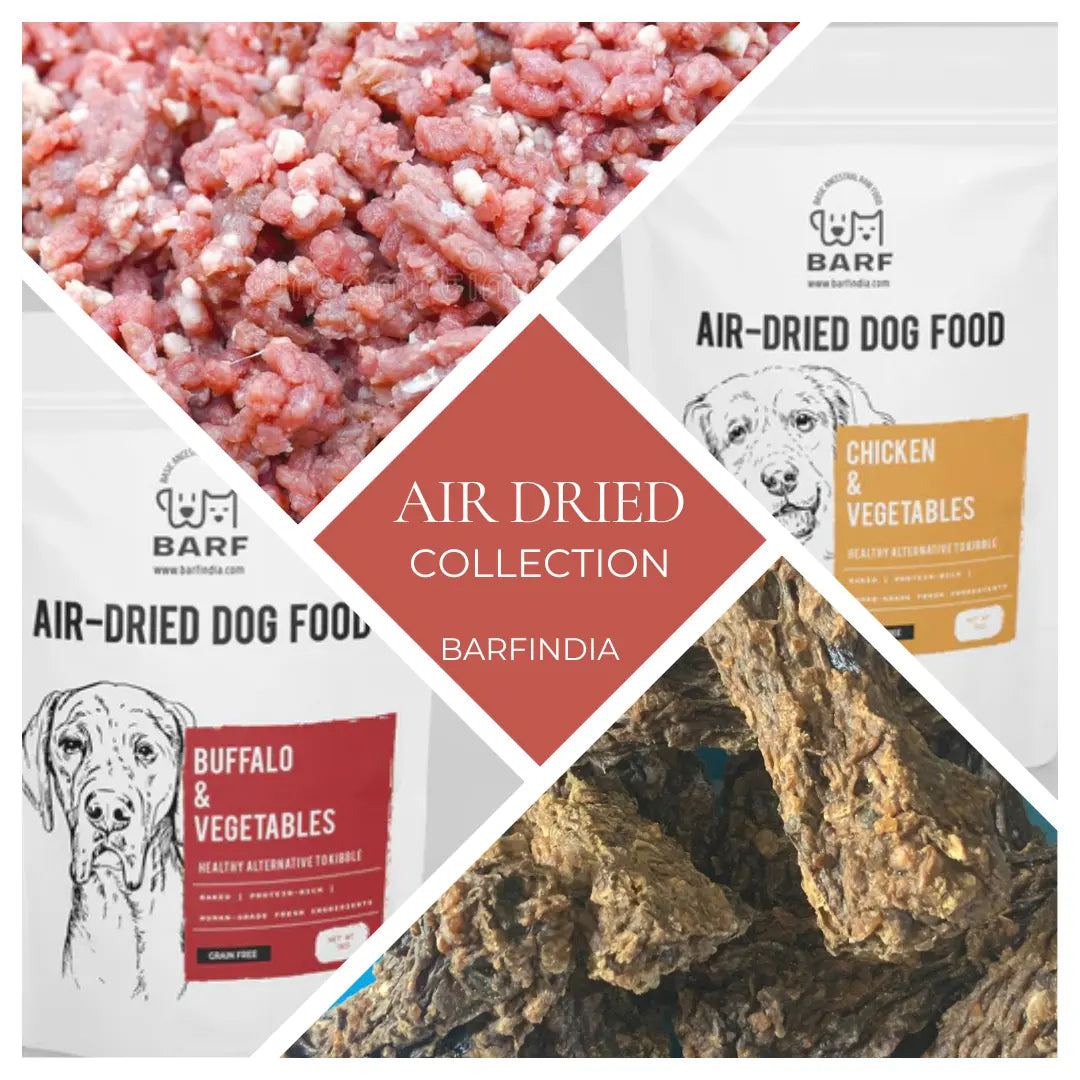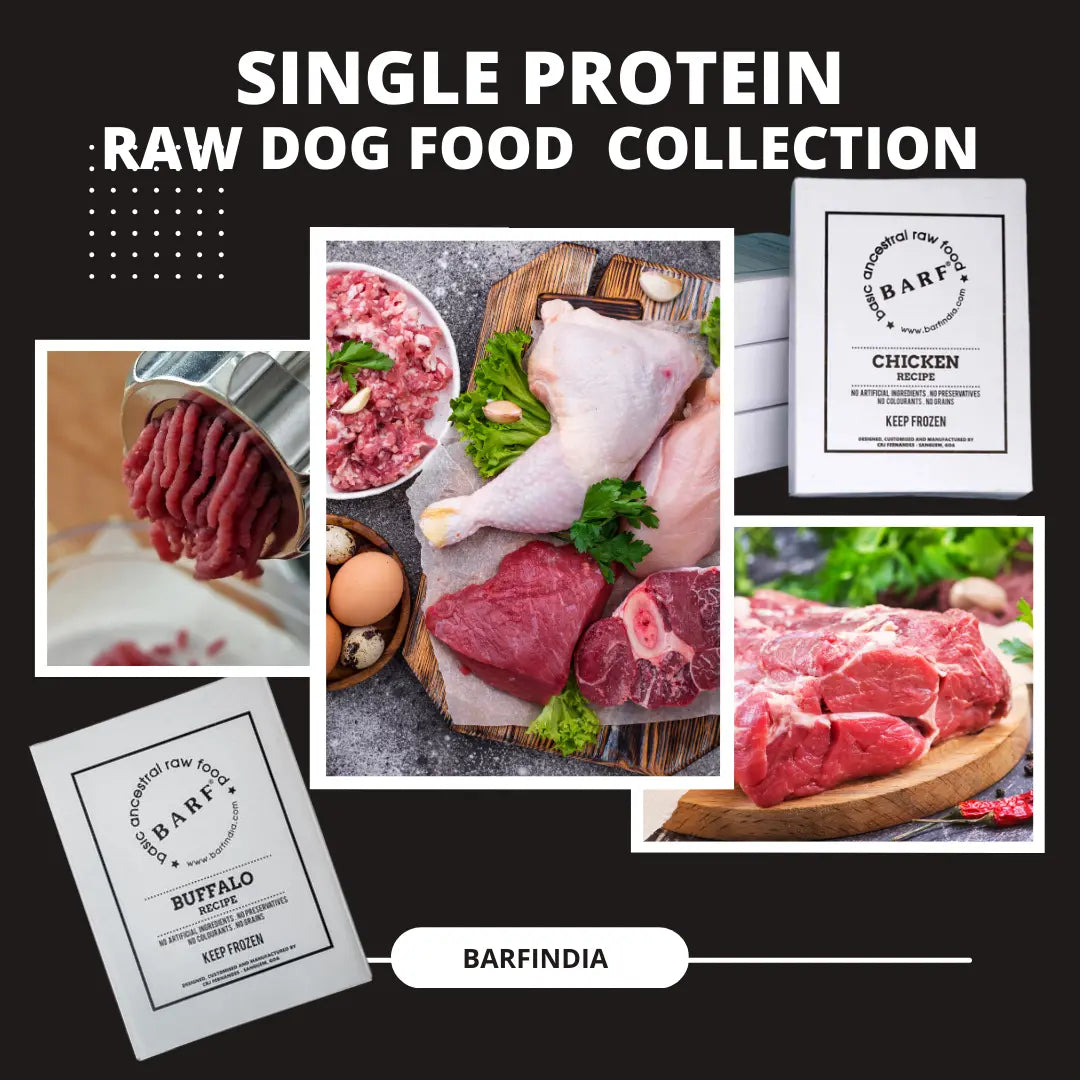Liver Disease in Dogs: What Every Pet Parent Should Know
Understanding Liver Disease in Dogs
Liver disease in dogs can be deeply distressing—for both pets and pet parents. Unlike humans, dogs can't tell us when they feel unwell, which makes early detection even more important. While minor illnesses like coughs and digestive upsets come and go, liver disease is far more serious and can be life-threatening if not addressed promptly.
However, there’s hope. The liver is one of the few organs in the body with the capacity to regenerate. This means that, if caught early and treated properly, your dog can make a full recovery. Diet, lifestyle, and environment all play a role in managing this condition.
Diet and Liver Disease: Why Raw Food Matters
One of the first things your vet will advise after diagnosing liver disease is a dietary shift. Why? Because food directly impacts liver function. A biologically appropriate raw food diet—consisting of high-quality muscle meat, bones, organ meats, and vegetables—can significantly support healing.
Many pet owners question whether it’s safe to continue feeding raw food when their dog has liver disease. The truth is, if you trust raw food for a healthy dog, why not for a sick one? Raw food is fresh, digestible, and free from synthetic additives—unlike most commercial kibble.
What’s Wrong with Commercial Dog Food?
Commercial pet food often contains:
-
Chemical preservatives
-
Artificial flavors and colors
-
Low-quality rendered meats
-
Highly processed ingredients through rendering and extrusion
These products strain the liver—especially one already compromised. Processing destroys natural nutrients, and synthetic "add-backs" can't compare to whole, raw ingredients. For a dog with liver disease, this is an added burden that could delay recovery.
Environmental Toxins and Liver Health
Another overlooked factor in liver disease is your dog’s exposure to household chemicals. From floor cleaners to toilet bowl disinfectants, many everyday products contain toxins like chlorine, phenol, and glycol ethers. These chemicals are absorbed through paws, inhaled, or even ingested by curious dogs.
To reduce toxic load:
-
Switch to natural, pet-safe cleaners
-
Keep medications, fertilizers, and paints out of reach
-
Eliminate rat poison and chemical-based insecticides from your home and garden
The Role of Protein in Liver Healing
There’s a myth that dogs with liver disease should eat low-protein diets. That’s not true. The liver actually needs high-quality protein to regenerate. It’s poor-quality protein and excessive fats that cause issues.
Feed your dog raw, lean meats rich in natural amino acids, minerals, and healthy fats. Avoid overly fatty meats like duck, lamb, and marrow bones in large quantities. Keep the protein clean and easily digestible.
Signs of Liver Disease in Dogs
Look out for the following symptoms:
-
Yellowing of the eyes, gums, or skin (jaundice)
-
Dark urine and pale or clay-colored stools
-
Lethargy and loss of appetite
-
Behavioral changes or confusion (linked to hepatic encephalopathy)
Early diagnosis is key, so consult your vet at the first sign of concern.
Liver Disease and Brain Function
In severe cases, liver disease can lead to hepatic encephalopathy—a dangerous brain disorder caused by the liver’s inability to filter ammonia. This results in confusion, tremors, or seizures.
To minimize risks:
-
Maintain a high-protein but clean diet
-
Ensure hydration and proper supplement support
-
Monitor behavior closely and act fast on changes
Supplements That Help Liver Function
You can support your dog’s liver with these natural additions:
-
Milk Thistle (Silymarin): A powerful herb that helps detoxify and regenerate liver cells
-
Apple Cider Vinegar: Assists in liver cleansing (¼ tsp daily with food)
-
Vitamin K (Prothrombin): Helps improve blood clotting
-
Probiotics: Maintain gut health and reduce toxic load
-
B Complex and Vitamin C: Support immune function and tissue repair
Always consult your vet before adding supplements.
Clean Water & Regular Vet Monitoring
Access to clean, filtered water is non-negotiable for a dog with liver disease. Change water bowls regularly, avoid plastic containers, and ensure freshness.
Also, don’t skip medical tests. Liver disease needs regular monitoring through bloodwork and scans to track recovery and adjust treatments accordingly.
Final Thoughts: Don’t Lose Hope
A diagnosis of liver disease doesn’t mean the end. With the right care, food, environment, and mindset, your dog can live a long, healthy, and happy life.
Educate yourself, join support groups, and talk to your vet. But most importantly—don’t give up on your best friend.
Here's to healing, hope, and healthier days ahead.




